Providing care to individuals, responding to disasters
What are the challenges, limitations, constraints, paradoxes and potential breakthroughs of humanitarian medicine, which specialises in treating marginalised and deprived populations affected by crises? Deconstructing a number of “healthcare utopias,” the studies contained in this volume review the history of global health innovations to which MSF has contributed. They also explore the current state of knowledge, practices and concerns relating to certain focus areas, such as nutrition, AIDS, water supply, food aid, reconstructive surgery, epidemic response, surveillance and disaster epidemiology.
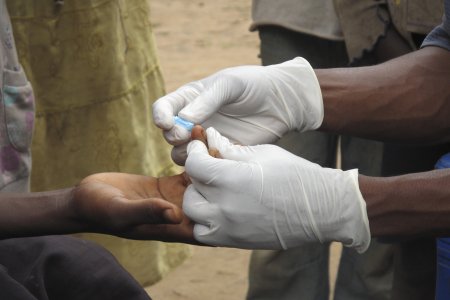 Gijs Van Gassen
Opinion
Gijs Van Gassen
Opinion
Doctor WHO?
09/03/2012In this chronicle "Alternatives Internationales", Rony Brauman discusses the return of using community health workers as primary access points for healthcare, in the recommendations of the WHO and practices of some governments.
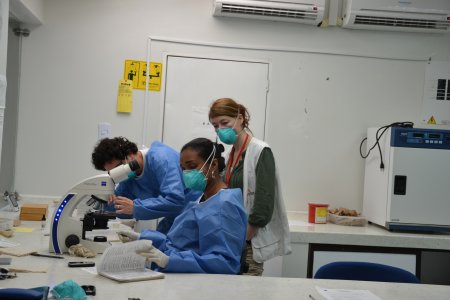 Karine Bodart
Analysis
Karine Bodart
Analysis
Refusing to accept the death toll from drug-resistant TB
04/27/2012Epidemiological studies estimate that nearly nine million people were suffering from active tuberculosis (TB) in 2010, causing upwards of one and a half million deaths. More than 90% of these deaths took place in low- or middle-income countries, thus reinforcing an old idea that TB and poverty are strongly linked.
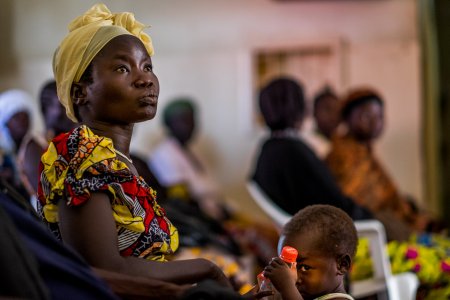 Isabel Corthier
Cahier
Isabel Corthier
Cahier
AIDS: A new pandemic leading to new medical and political practices
12/15/2011It seemed appropriate to assemble these texts now, at a time when the history of our AIDS missions is compelling us to formulate new goals.
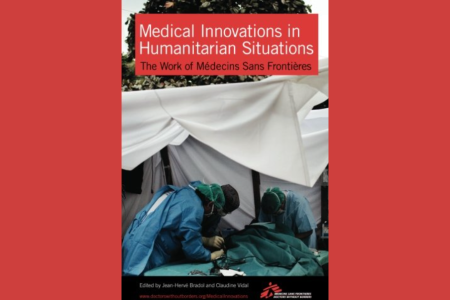 MSF-Crash
Book
MSF-Crash
Book
Medical Innovations in Humanitarian Situations
10/01/2011Medical Innovations in Humanitarian Situations explores how the particular style of humanitarian action practiced by MSF has stayed in line with the standards in scientifically advanced countries while also leading to significant improvements in the medical care delivered to people in crisis.
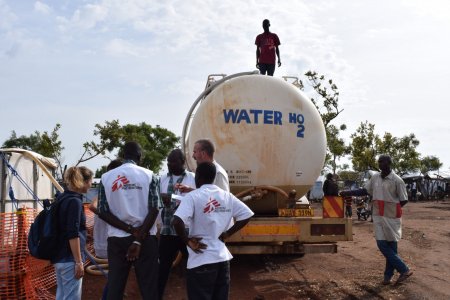 Charlotte Morris
Cahier
Charlotte Morris
Cahier
Is humanitarian water safe to drink?
07/04/2011Four hepatitis E epidemics have occurred in the areas in which we operate since 2000, prompting a reflection on the quality of the water produced and distributed to their populations by humanitarian organisations.
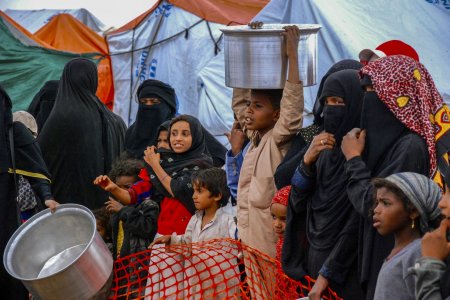 Francesco Segoni
Cahier
Francesco Segoni
Cahier
Child Undernutrition : advantages and limits of a humanitarian medical approach
12/20/2009Four years after the Nigerian crisis, many things have changed in the nutrition field. This Cahier du Crash aims at considering this evolution and explore new possibilities for action for MSF.
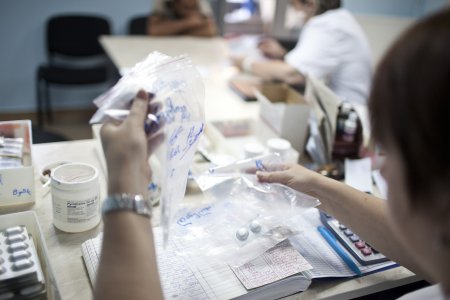 Daro Sulakauri
Opinion
Daro Sulakauri
Opinion
No credit for Drs Knock
12/01/2009Pharmaceutical companies produce drugs and are increasing involved in the clinical trials of these products. This conflict of interest is incompatible with the expectations of Public Health. Rony Brauman suggests that the industry no longer be responsible for therapeutic trials.
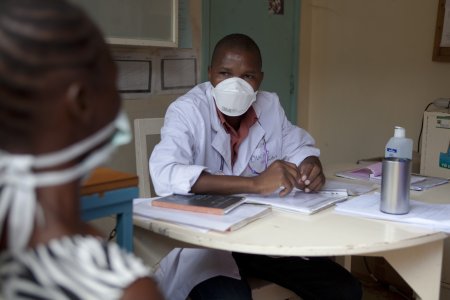 Olga Victorie
Op-ed
Olga Victorie
Op-ed
Flu: From Uncertainty to Illusion...
07/29/2009Based on MSF's experience in responding to epidemics, Jean-Hervé Bradol describes the risks of spending precious time and energy on trying to delay the spread of the epidemic rather than on the case management of large numbers of sick people.
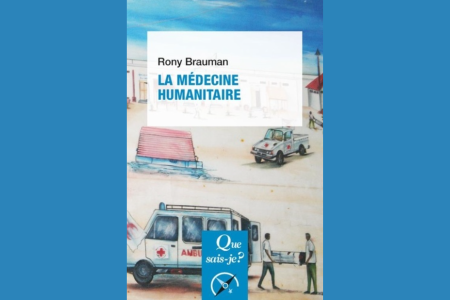 Frederic Noy
Book
Frederic Noy
Book
Humanitarian Medicine
02/01/2009Humanitarian medicine is intented for marginalized people, hit by a crisis or deprived of access to medical care. This book helps us understand how the specificity of humanitarian medicine stems from real-life situations, more than from the medical act in itself.
